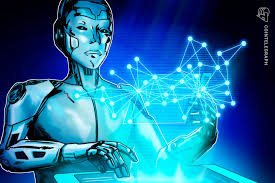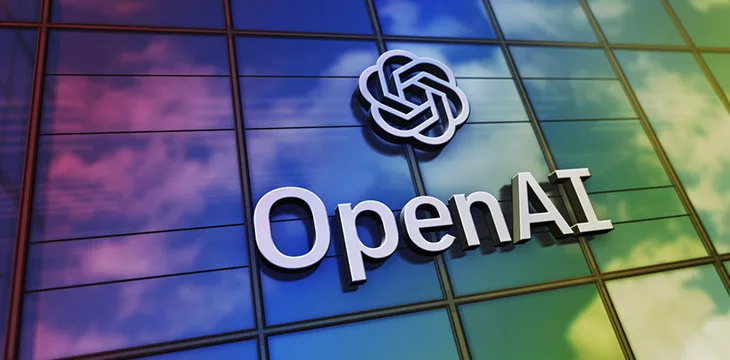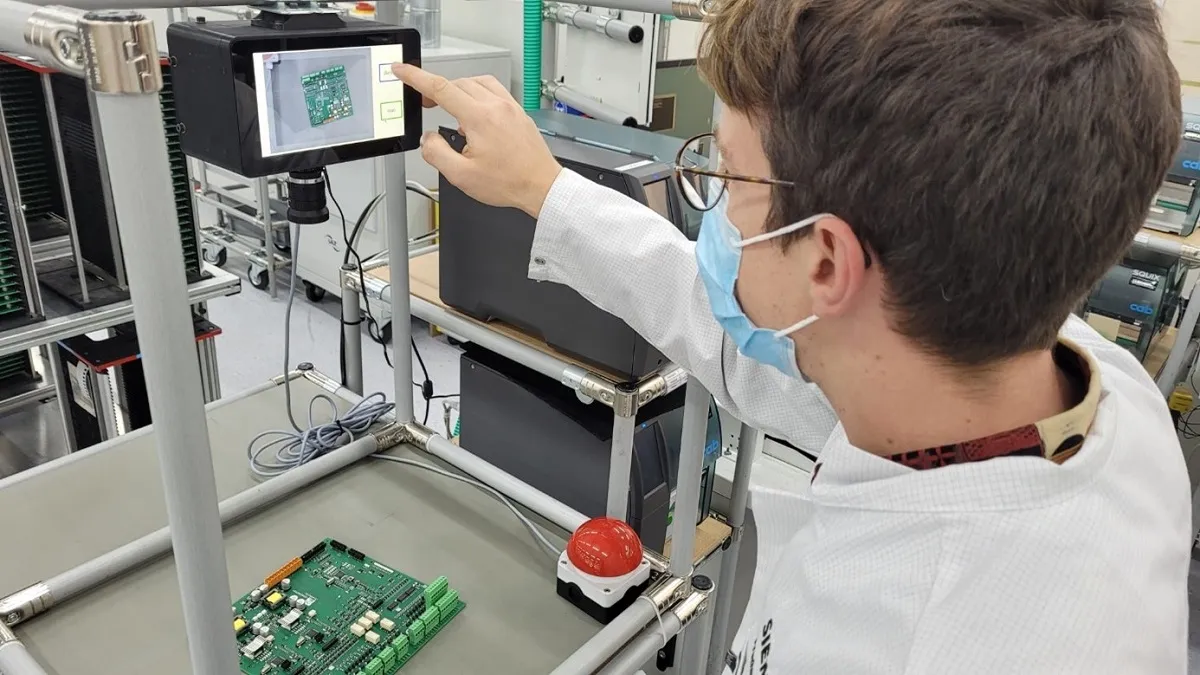AI centralization fails on technical, philosophical, ethical, and market levels, says Alex Goh, founder and chairman of EMC making decentralization key to the future of Artificial Intelligence
Perhaps beyond the recollection of younger readers, cloud computing was formerly the future. Unrestricted computing and storage resources were among the few technological “revolutions” that lived up to their moniker.
However, in this era of artificial intelligence, the centralized cloud model has become obsolete and a direct threat to those who build upon it and to every user.
Consider the recently discovered vulnerability that affects Hugging Face, a significant AI-as-a-Service platform, if that seems excessively exaggerated.
This susceptibility has the potential to enable unauthorized users to submit modified models and execute arbitrary code through the inference API feature, thereby obtaining elevated control.

Image Credit: Drew Network Asia
This was fortunately discovered in time to prevent significant user impact; however, researchers note that such flaws are “far from unique.”
The issue at hand does not originate from artificial intelligence per se but rather from antiquated, centralized X-as-a-Service models that need more motivation to ensure system security or develop applications that meet the market’s and ordinary users’ needs.
To realize the ideal future of artificial intelligence (AI), characterized by safety, security, and the ability to utilize extensive computational resources, it is imperative to reject the cloud model and adopt the decentralization movement.
“Big Cloud” and the ownership monopoly of AI
The AI industry is dominated by megacorporations such as Microsoft, OpenAI, Google, and Amazon, which possess the enormous financial, human, and computational resources required to implement AI at scale.
This is detrimental to the advancement of artificial intelligence and opposed to its capacity for democratization.
The development of algorithms and applications by a limited group of developers employed at billion-dollar companies based in California results in an extremely subjective, one-dimensional, and limited perspective being applied to artificial intelligence agents.
This impacts artistic expression, financial services, and even interpersonal exchanges.
Technical arguments opposing the monopolization of the AI market are equally compelling. To maintain optimal performance, AI must continuously be supplied with fresh data, including information from other AI applications.
Despite the existence of open-source models, platforms and applications continue to be highly segregated due to the current centralizing tendencies of Big AI.
This impedes progress and creates an environment conducive to the proliferation of malicious applications or errors, which may have far-reaching and potentially disastrous repercussions.
Furthermore, in numerous instances, the centralized model poses glaring and enormous threats to the security of users’ private information, personal data, and, in many cases, financial data.
A single point of failure is created for assailants when a single entity possesses enormous quantities of sensitive and business-critical data. This allows a single provider to censor or deny services to its users based on arbitrary and unchallengeable decisions.
Decentralization-based democratization
The cloud paradigm represents a dangerous impasse in artificial intelligence. Artificial intelligence (AI) demands extraordinarily high levels of computational power, surpassing the capabilities of hyperscale centralized cloud platforms and the semiconductor industry that supplies them.
The processor shortage has reached an alarming level, as the H-100 servers utilized by the most sophisticated AI applications in the industry are currently delayed by an astounding 52 weeks.
Decentralization enables the instantaneous resolution of this issue by establishing a network of nodes that exploit vast quantities of unused CPU power. This modular approach to decentralized physical infrastructure (DePIN) is ideal for several reasons:
- It contributes to parallel computing and the de-syllogization of artificial intelligence (so that applications can learn from one another more efficiently).
- It is nearly infinitely scalable.
- It is significantly less expensive than spinning up new servers with your cloud provider (with costs typically around 80% lower).
Furthermore, utilizing smart contracts and crypto tokens to incentivize the development of large language models (LLMs) in decentralized AI, made possible by blockchain technology, provides an innovative and equitable framework for recognizing and compensating contributions and innovation in AI.
The emergence of novel economic models, specifically those reliant on digital tokens, amplifies the demand and provides the foundation for a more secure decentralized infrastructure.
Using a token economy to fund the AI ecosystem incentivizes developers to produce more secure AI agents. It permits them to store these models in a cryptocurrency wallet in exchange for ownership.
This gives users absolute confidence that their data is safe and cannot be disclosed without their consent or awareness.
The token model ensures that AI projects deliver precisely what the market desires and requires, as compute and storage costs are determined by the fundamental principle of supply and demand.
This is arguably the most significant benefit. Given the existing monopoly, AI must be motivated to address practical requirements and concerns.
Decentralization enables users to incentivize developers by the success of an AI agent or the positive impact it generates on society. This is in stark contrast to the Big Tech oligarchy that presently controls the domain of artificial intelligence, albeit not for much longer.
Additionally, decentralization offers solutions to the vulnerabilities observed on platforms like Hugging Face.
As a result of the swift advancements in blockchain technology, specifically zero-knowledge (ZK) proofs, a variety of tools are now available to guarantee the integrity and origin of AI applications.
It is easy for those close to these developments to overlook the magnitude and velocity of this technological revolution.
It is not the case that conventional cloud providers are vying to maintain obsolete models; instead, decentralization and ZK are relatively new concepts, and it is only natural that industry participants gradually understand how to implement them most effectively for the benefit of themselves (and their clients).
Demonstrating that properly constructed decentralized AI architecture inherently ensures privacy and security with encrypted on-chain data while simultaneously facilitating collaboration and interaction among diverse projects, nodes, and entities is primarily an educational endeavor.
Centralization fails on all fronts when applied to AI, including technical, philosophical, ethical, and market matters.
Further, the time has come for a revolution of our own, as everyone from tech providers to ordinary users, including yourselves and others, is becoming progressively weary (and apprehensive) of the disproportionate influence of Big Tech.
Please be advised that the opinions shared in this column are merely the author’s and do not necessarily represent those of Protechbro, its affiliates, or its proprietors.



